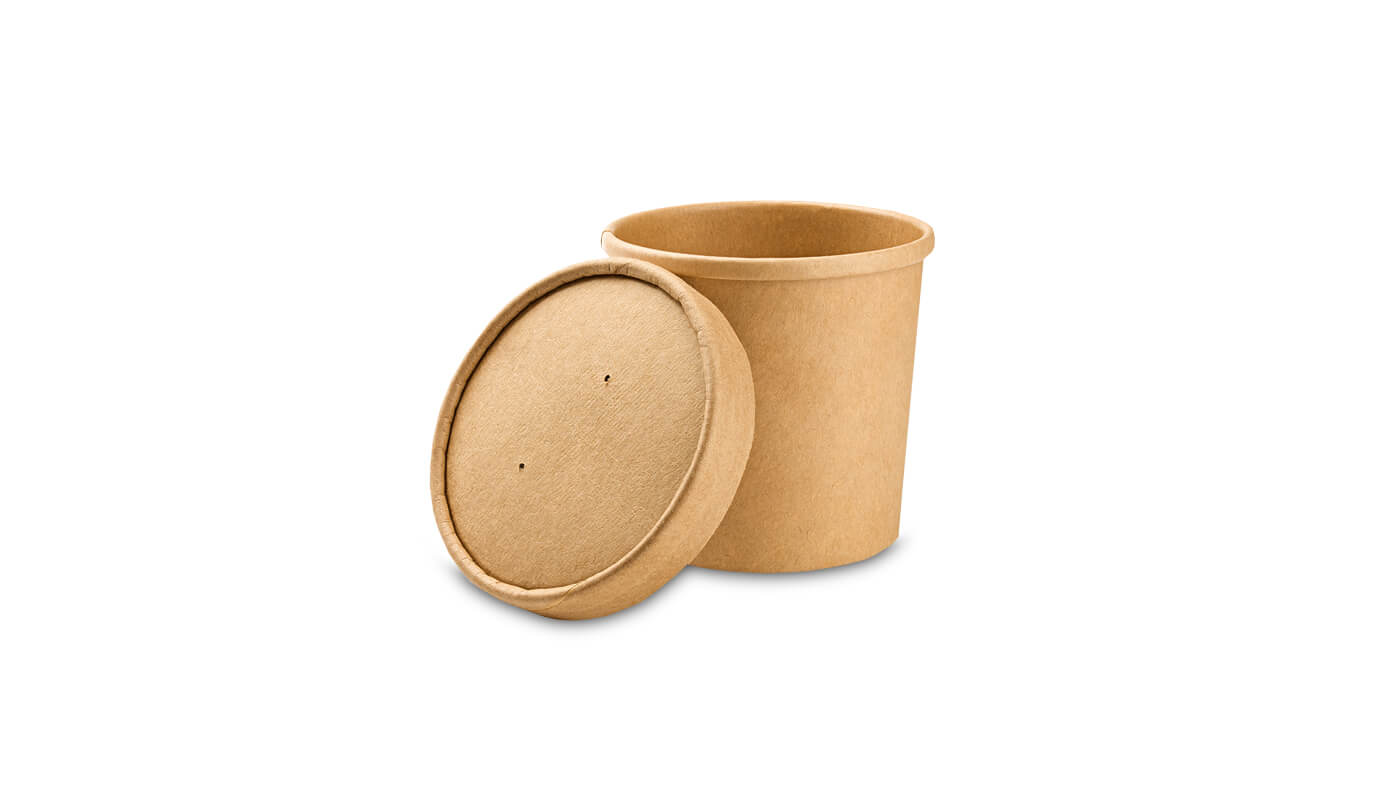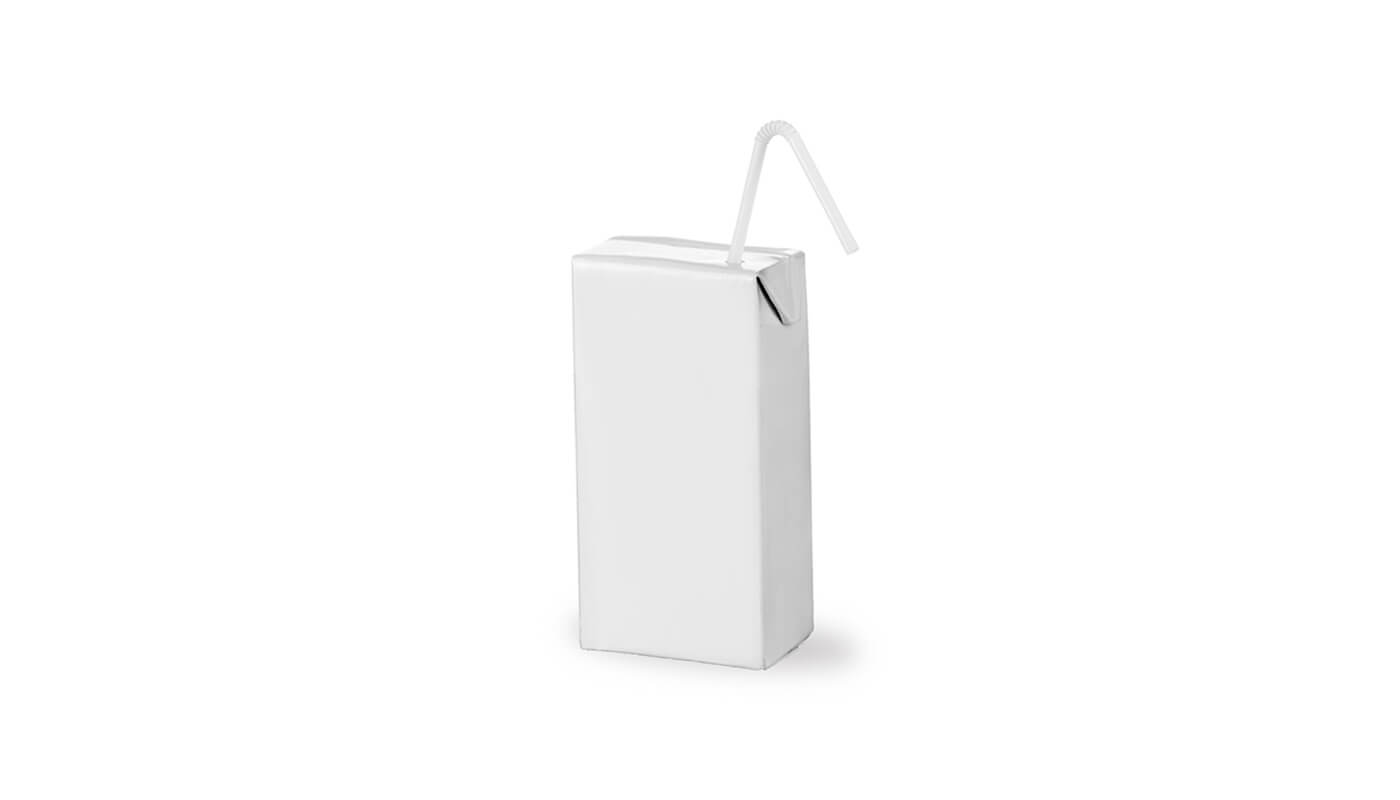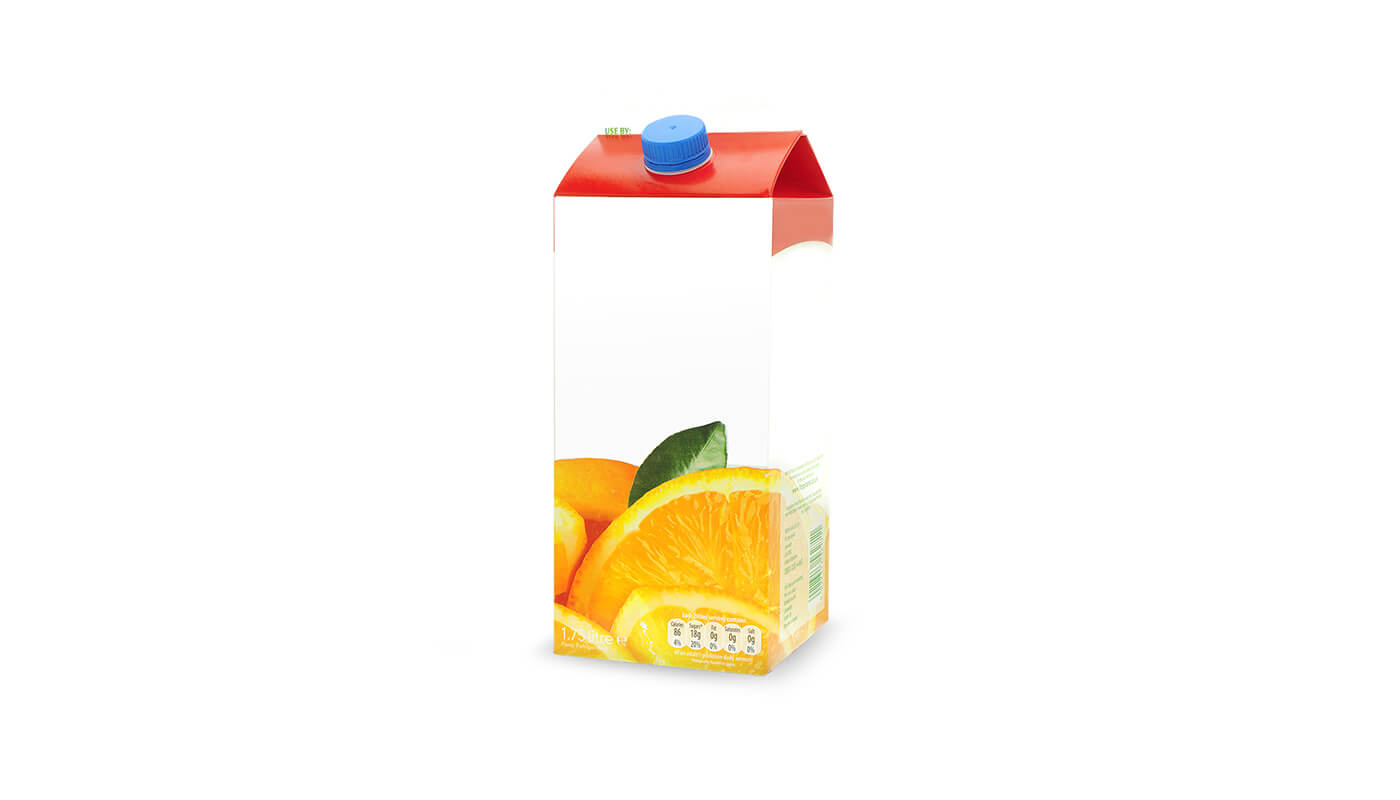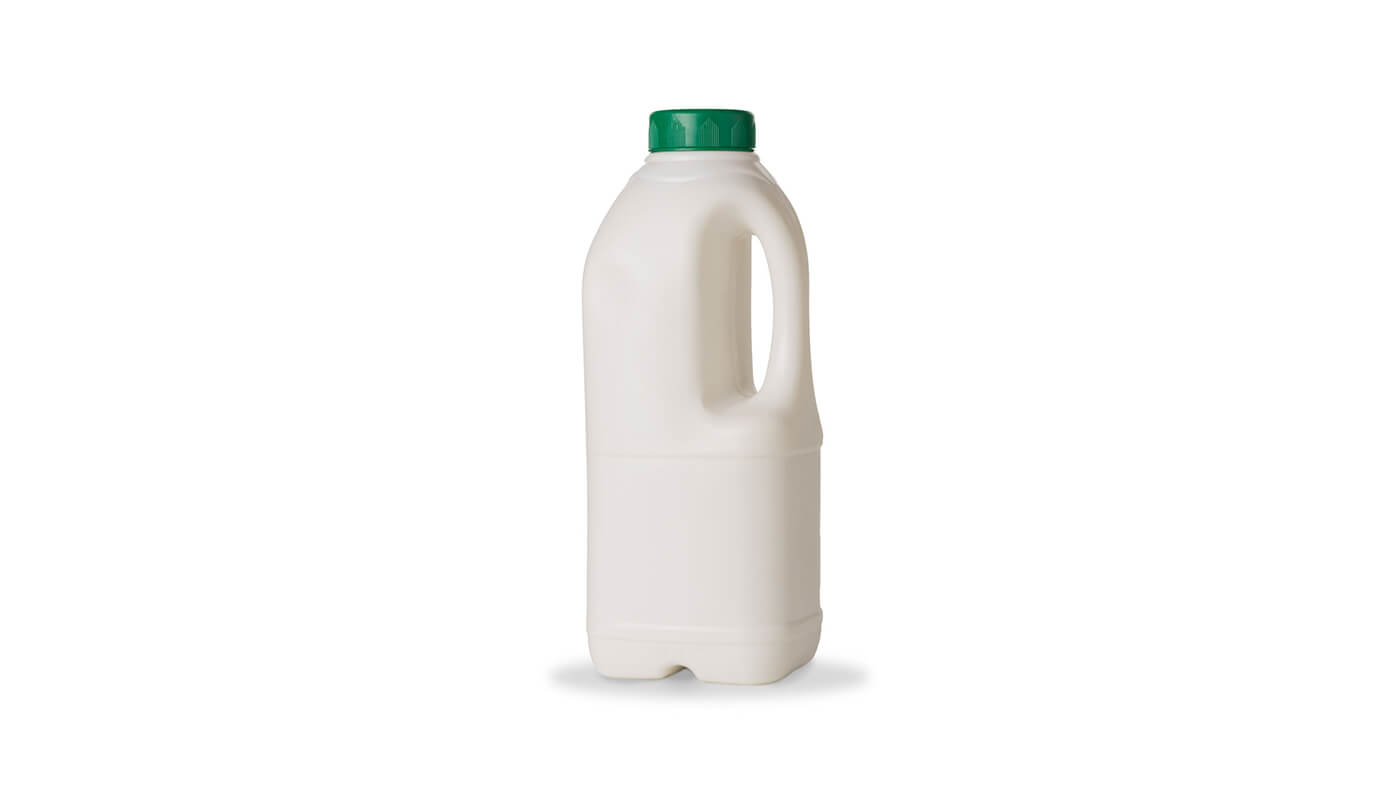How to recycle
Food and drink cartons, such as for soup, orange juice and long-life milk are widely recycled!
Not all councils collect them for recycling though, so check our postcode locator if you’re not sure.
Top tips for recycling:
- Make sure cartons are empty and give them a rinse to remove any food residue
- Leave plastic tops on cartons and recycle together
- Leave straws in drink cartons as these will be removed and recycled




